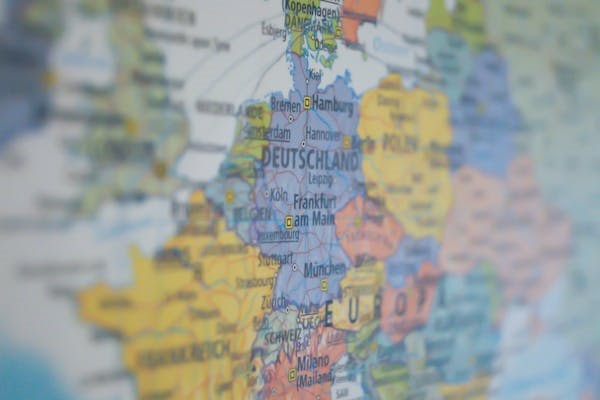International business, lots of opportunities if you get it right
Cultural and business differences between the Netherlands and Germany
The world of international business is a vast and dynamic landscape filled with opportunities for those who can successfully navigate its complexities. In an age of globalization, access to businesses in foreign countries has become easier than ever before. With CompanySpotter you could find leads in the Netherlands and Germany. However, it is crucial to recognize that establishing connections and building fruitful relationships in international markets involves more than just having easy access to potential leads. Understanding and respecting the cultural and business differences that exist between countries is paramount to achieving success. This article aims to shed light on some significant cultural and business disparities between the Netherlands and Germany.
Hierarchy and Authority
One of the foremost distinctions in international business culture is the approach to hierarchy and authority within organizations. In Germany, it is common to encounter companies with a hierarchical structure deeply embedded in their business culture. The significance of respecting authority figures within these organizations cannot be overstated. Authority and decision-making often rest firmly in the hands of higher management, typically comprising senior executives and top-level managers. This top-down approach shapes the decision-making processes, meaning that significant strategic choices and key directions for the company are predominantly determined by individuals occupying top positions in the corporate hierarchy. While lower-level employees are valued for their contributions, they may have limited influence over substantial decisions and strategic directions. In stark contrast, Dutch business culture leans towards egalitarianism. Dutch companies often embrace a flatter organizational structure, which promotes a more balanced distribution of authority and decision-making power. This approach reflects a commitment to inclusivity and recognizes the value of input from various levels of the organization. Decision-making in Dutch business culture is characterized by a consensus-building process, involving stakeholders from different hierarchical levels. The intention is to harness collective wisdom and expertise, fostering a sense of shared ownership and responsibility for the outcomes. This horizontal approach to decision-making encourages employees to actively contribute to the company's success, irrespective of their position within the organization.
Formality vs. Informality
German business culture is characterized by its formality and emphasis on respect in professional relationships. German companies uphold a structured and disciplined approach to business dealings, extending to interpersonal interactions. Politeness is considered a non-negotiable aspect of business conduct, and individuals are expected to be courteous and respectful when interacting with colleagues and business associates. The use of titles and last names is customary in German business circles, reflecting the hierarchical nature of organizations. Moreover, punctuality is highly esteemed, and tardiness is generally frowned upon, as it can be perceived as a lack of respect for others' time and schedules. Conversely, the Dutch business environment is renowned for its informality and relaxed approach to professional relationships. One of the most noticeable aspects of Dutch business culture is the use of first names, even in interactions with higher-level management. This practice mirrors the Dutch commitment to egalitarianism and their belief in treating everyone with a sense of equality and respect. The emphasis is on open and direct communication, and formalities are often downplayed. This informality extends to dress codes, with many Dutch companies adopting a business-casual attire policy, further highlighting their relaxed approach to work-related matters.
Punctuality and Planning
Another cultural dimension that greatly influences international business interactions is the approach to punctuality and planning. German companies are renowned for their punctual and efficient work culture. Punctuality is not merely a preference but a deeply ingrained value. In Germany, it is of utmost importance to meet appointments and deadlines without fail. Being even a few minutes late can be perceived as a lack of professionalism and disrespect for others' time. In the Netherlands punctuality and planning are also held in high regard. It is customary to arrive on time for meetings and appointments, as a sign of respect for others' schedules. However, the Dutch also exhibit flexibility when necessary, allowing for minor adjustments without compromising the overall commitment to punctuality.
Different countries, different cultures
In summary, international business offers abundant opportunities for those who can successfully navigate its intricacies. However, understanding and respecting cultural and business differences are essential when engaging with foreign markets. The Netherlands, and Germany represent a diverse array of business cultures, ranging from hierarchical and formal to egalitarian and informal. When discussing business culture and practices in a particular country, it's essential to remember that there is always diversity and variation within that country. Not all companies within a given country will conform to the general cultural norms or practices. Business culture can vary significantly even within the same country, and there will always be exceptions to the commonly observed trends and practices.
